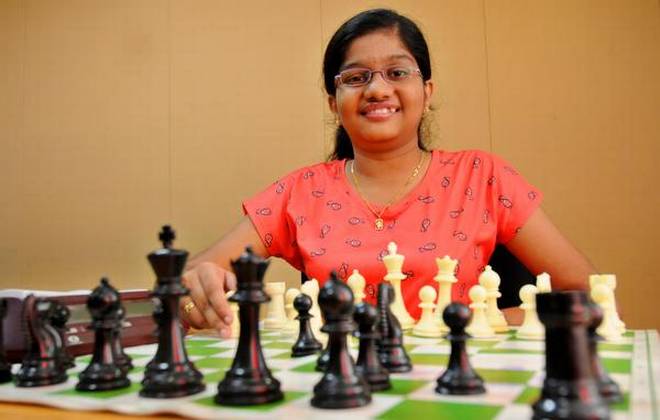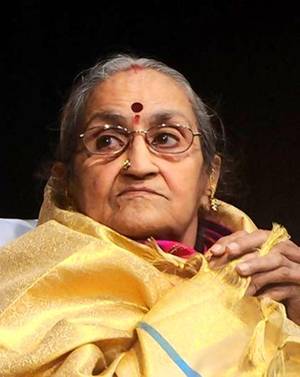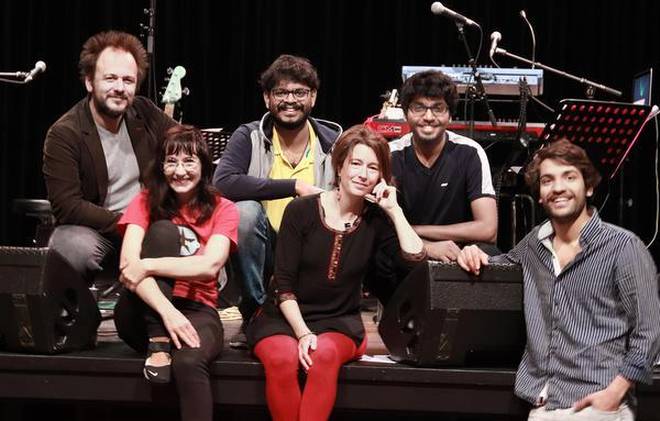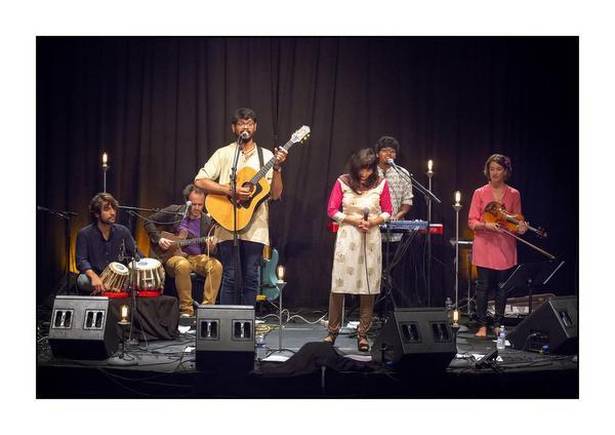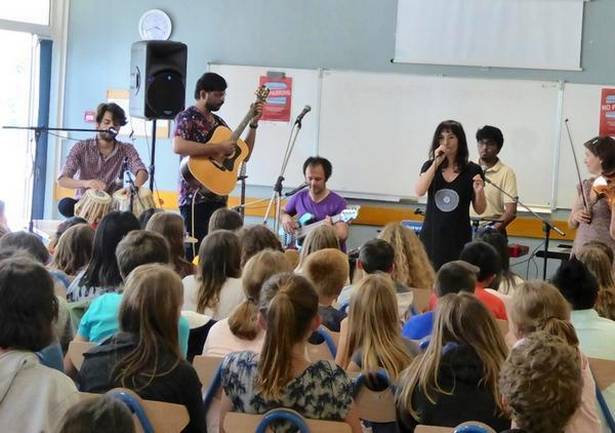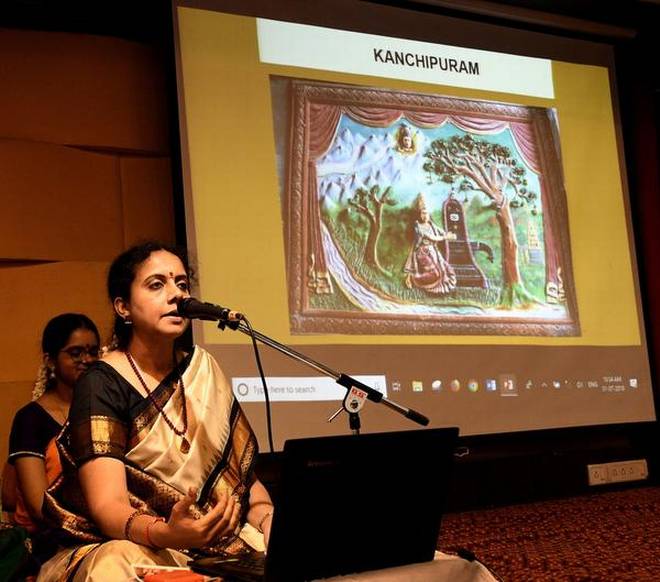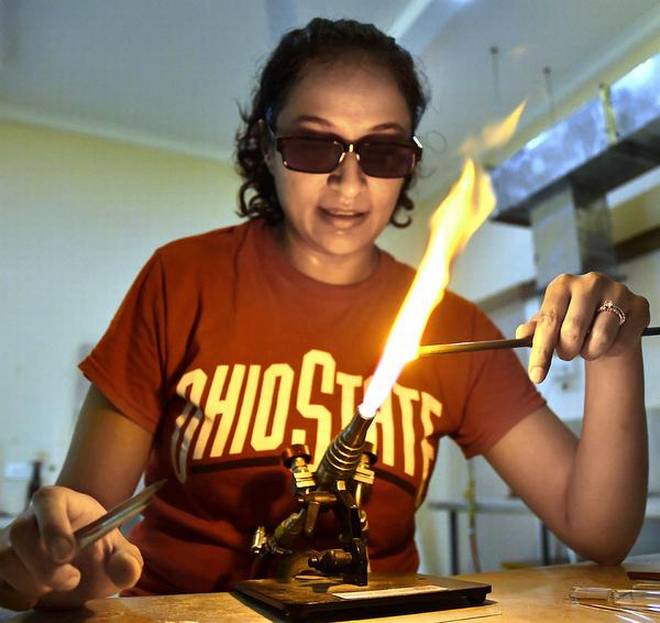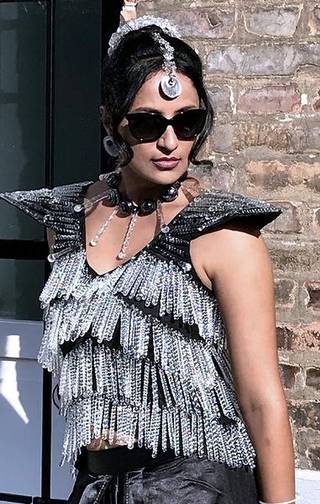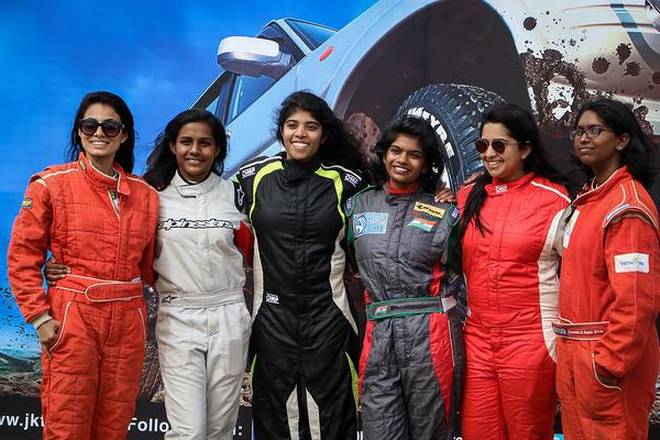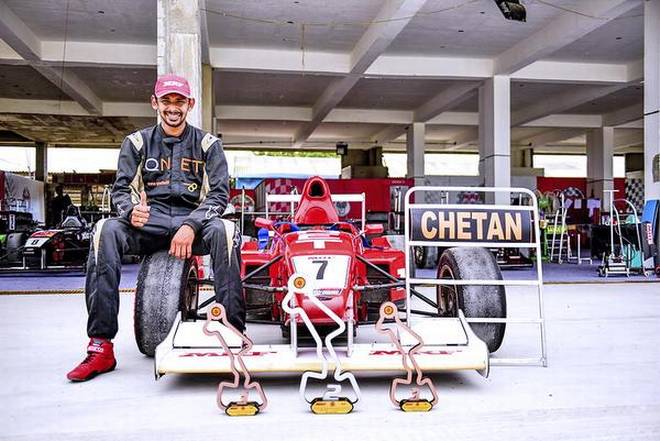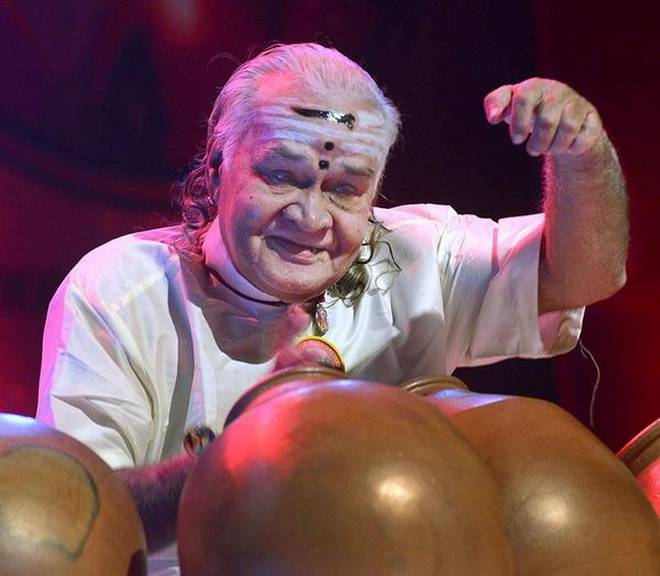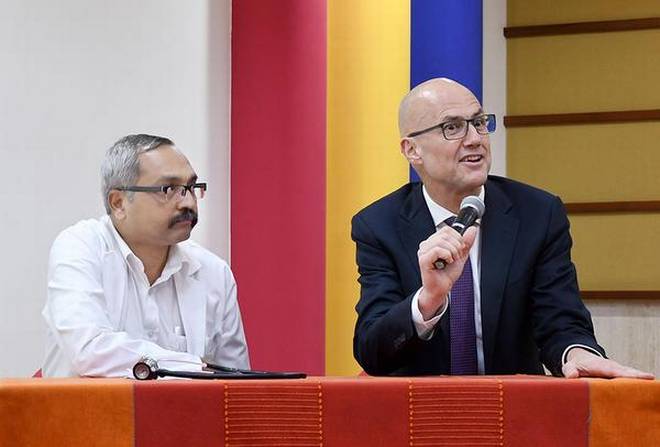Thanks to a scholarship programme started by the Centre in 2007, a student of Government Flying Training School (GFTS), Jakkur, has been issued a Commercial Pilot Licence (CPL) after 21 years. Capt Kavya Ravi Kumar (23), a native of Madurai in Tamil Nadu, is the first student since 1997 to be awarded a CPL, thanks to the grant of Rs 20 lakh set aside for SC candidates.
The last such licence issued to a student from GFTS was way back in November 1997.
Though Kavya has created history of sorts, her journey towards becoming a commercial pilot has not been an easy one. She had enrolled at the school’s first batch after it reopened in 2013, but could not pursue training activities unlike other students due to high training costs.
“Becoming a pilot was a childhood dream. After Class 12 from Madurai, I wanted to join GFTS. However, the fee (about Rs 25 lakh) was very high and my family could not afford it. Nevertheless, my parents with great difficulty raised Rs 6 lakh by taking a loan. I commenced my flying training in August 2013. However, the high cost of flying training (Rs 10,000 per hour) meant that I could only do about 46 hours of flying. In July 2015, my flying training had completely stopped due to lack of funds,” said Kavya, whose father is a driver at the Tamil Nadu state transport.
After a brief lull, Kavya applied for a Central government scholarship in 2015 and, being an SC candidate, was offered the chance to further pursue her dreams.
“The scholarship came to my rescue and since then there has been no looking back. Now, I have finally achieved my lifelong dream of becoming a pilot,” said Kavya.
While awaiting her CPL, Kavya has also obtained Flight Radio Telephone Operators Licence (FRTOL) and is at present working at ATC in Jakkur.
What’s next
Kavya is not interested in joining a commercial airline. She wants to become a flying instructor.
Officials at the flying school say that one reason why none of the students got a CPL in the last two decades was because between 1997 and 2013, not much flying has happened at the school. It has been embroiled in various controversies and was even closed for nearly six years.
Wg Cdr Amarjeet Singh Dange, chief flying instructor, GFTS, is proud of Kavya’s achievement and happy that a student has been able to get a CPL since the school reopened. “Kavya was undoubtedly the best student of her batch. She did not give up even when things were not going her way,” Dange said.
About the scholarship
Kavya said that she had received a grant of Rs 20 lakh under the ‘Centrally Sponsored Scheme of Top Class Education for SC Students’.
The grant offered under the scheme was utilised for 200 hours of flying.
The SC students who secure admission in the notified institutions are awarded scholarship for the full tuition fee and the non-refundable charges with a ceiling of Rs 2 lakh per year per student for private sector institutions, and Rs 3.72 lakh per year per student for private sector flying clubs for commercial pilot
training.
Besides, montly living expenses of Rs 2,220 per student, it also covers books and stationery (Rs 3,000 p.a. per student) and latest computer, limited to Rs 45,000 per student as a one-time assistance.
The scheme became effective in June 2007 and was subsequently revised in January, 20
source: http://www.bangaloremirror.indiatimes.com / Bangalore Mirror / Home / by Hemanth S / Bangalore Mirror Bureau / July 07th, 2018
